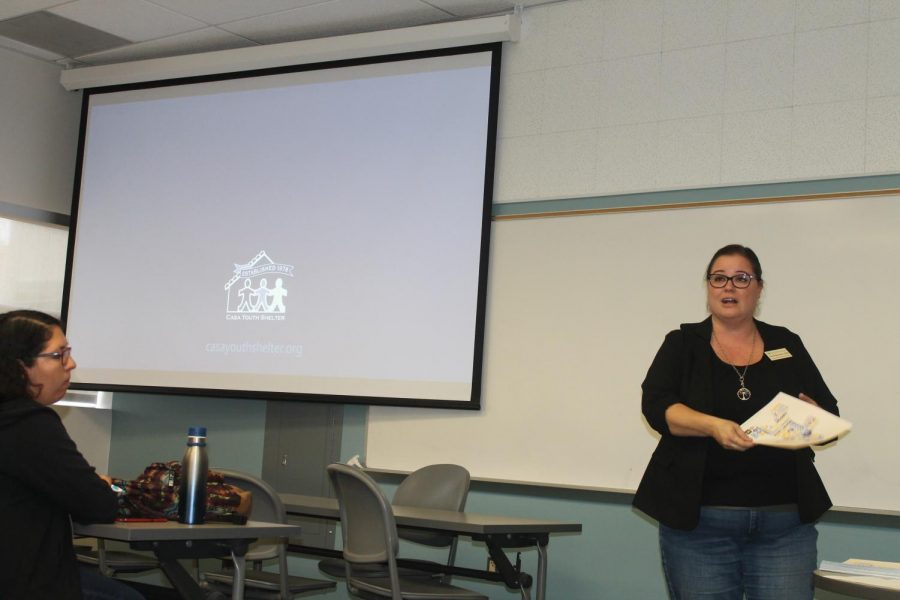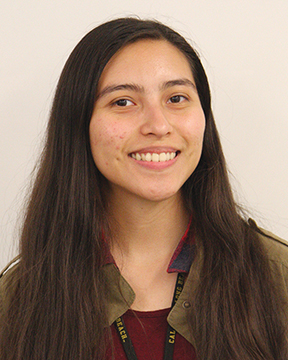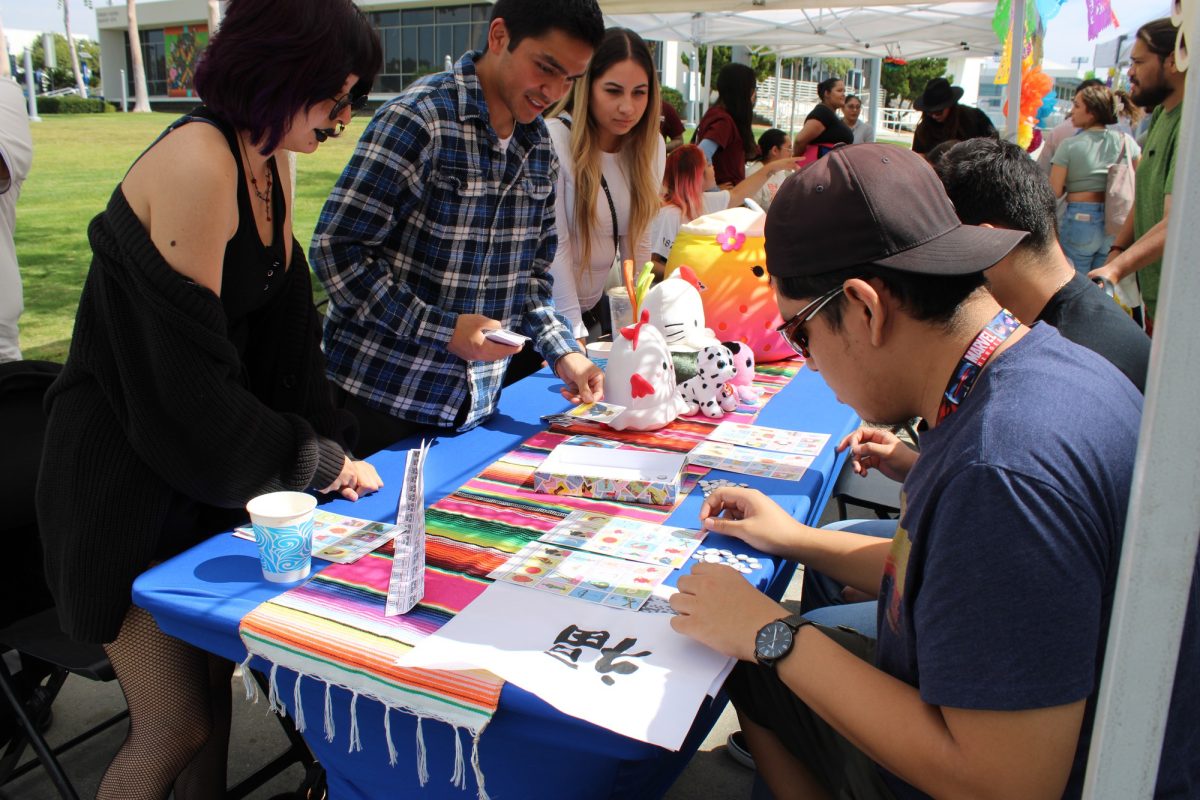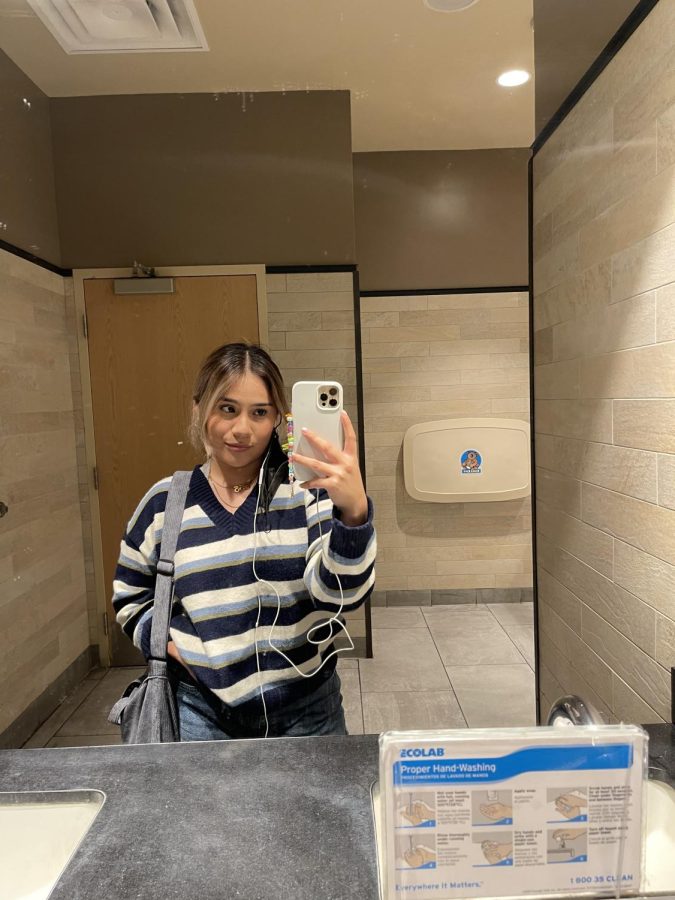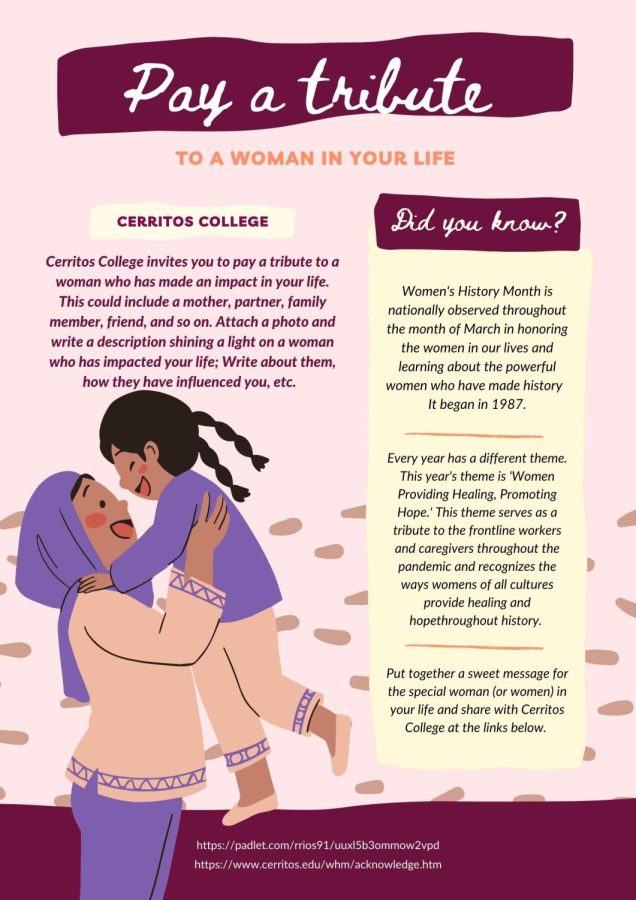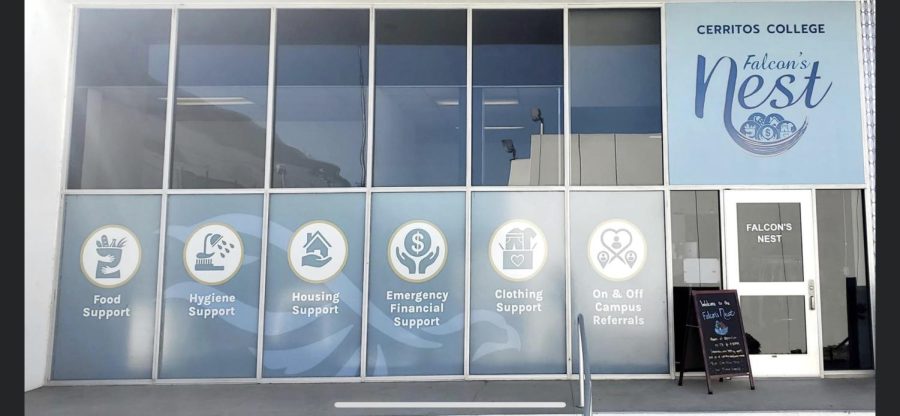In collaboration with Black History Month on campus, a workshop was held to explore and discuss microaggressions and privilege. Through the presentation of two videos and having an open discussion, this workshop explored the impacts these topics can have on someone socially, emotionally, or through daily life that they may not even realize.
Held on Feb. 27 in Business Education 109 from 11 a.m. to noon, the discussion was led by Pamela Sepulveda, community outreach director of the Casa Youth Shelter, which provides emergency shelter to teenagers in crisis.
“I do talks about issues our shelter really cares about: inclusion, privilege, diversity[…]” Sepulveda explained.
The workshop began with the presentation of a video called ‘The Privilege Game.’ Explored through a fictional game, four individuals witness how certain privileges or lack of (through the representation of cards) can impact their standing in society.
The video even explored how those with a lot of privilege choose to use it, either only as a benefit to themselves or to help others.
“There are so many other pieces that go into privilege,” Sepulveda said.
Continuing with her presentation, she then presented a “How Privileged Are You Quiz” in which attendees tallied their points on a number of questions to see what kind of privileges they had (whether it was economic, religious, or social).
This quiz sparked discussion for exploring how varying privileges can intertwine and impact certain aspects of one’s daily life in ways they may not even consider.
For instance, there was a set of questions regarding mental health. Those who are undergoing a mental illness may find themselves with difficulties in certain aspects of life compared to someone who is not impacted by their mental health.
As explored through the quiz, Sepulveda continued to explain that privilege isn’t just racial, it can also be through gender, mental health, socio-economic standing, even education.
Continuing with the presentation, she then discussed microaggressions.
“It’s not going to be something that someone blatantly calls out…We often don’t even know were engaging in microaggressions if we don’t even know what they are…”
With the presentation of the second video ‘How Microaggressions Are Like Mosquito Bites’, the discussion was then geared towards how indirect or unintentional comments can offend those in a minority group.
After the video, Johnny Wallace, political science major, further elaborated on what he felt the mosquito bites represented. “I don’t notice them until a day or two later…But that’s the thing, I’ve encountered some of these [microaggressions] and I never knew….”
Sepulveda discussed that often times we don’t even consider how these microaggressions can influence a number of aspects in one’s life or the decisions they choose to or to not make.
“People may say things that can impact our decisions…” she stated.
Sepulveda discussed the importance of being mindful and how microaggressions can impact a person and how they react. She then mentioned that the best way someone can confront a microaggression is all based on a particular person and what values they hold. She mentioned however, she would hope that those who engage in micro-aggressive language would recognize their behavior and apologize.
When asked for her thoughts on the workshop, English professor Suzanne Ashe said,”This kind of workshop is very valuable. We as faculty can make great use of this kind of workshop and hear what people have to say, to be plugged into the reality. That can make a huge difference…”


